The current pangasius farming area in the Mekong Delta is about 6,000 hectares with an output of over 1.5 million tons and is one of the main aquaculture products for export. In 2022, the export of Vietnam's pangasius industry reached more than 2.4 billion USD and was present in 140 markets around the world .
To adapt to climate change and reduce emissions, the pangasius industry in the Mekong Delta is moving towards production according to a circular economic model, applying technical advances in processing, preservation and transportation to increase the sustainable economic value of the billion-dollar industry in the Mekong Delta.
Pangasius fish in the Mekong Delta are mainly raised in some provinces and cities in the Mekong Delta such as: An Giang , Dong Thap, Can Tho, Vinh Long, Ben Tre. Currently, localities are promoting the construction of concentrated farming areas, applying standards to create quality raw materials to serve consumer and export needs.
Every year, the pangasius industry brings in billions of USD in export value, creates jobs for workers, and makes an important contribution to the economic and social development of the country.

Pangasius fish are raised mainly in some provinces and cities in the Mekong Delta region.
Ms. Pham Thi Thu Hong, Deputy Secretary General of the Vietnam Pangasius Association, said that pangasius is mainly raised in the Mekong Delta and intensively raised in earthen ponds with industrial feed, the farming and management process is strictly controlled according to export regulations and standards. Currently, the country has over 100 pangasius processing facilities with a total designed capacity of an estimated 1.5 million tons of raw materials per year. The facilities are equipped with modern machinery, equipment and technology, meeting the requirements and standards of the export market.
However, many businesses have not yet fully recovered the by-products from pangasius for deep processing, increasing water pollution and production costs. In addition, pangasius farming areas are not concentrated, small-scale, and the infrastructure system serving farming is not synchronized to meet environmental protection requirements.
According to Ms. Pham Thi Thu Hong, if the current development only focuses on area and profit development while ignoring environmental issues, it will be a major obstacle to the development of pangasius farming and export in the coming time. Therefore, localities need to plan synchronous farming areas, move towards forming concentrated pangasius production areas, applying scientific and technical advances. Replicate the pangasius farming model in a circular direction, taking advantage of recovered sludge, contributing to protecting the ecological environment, bringing high economic efficiency.
For the pangasius industry to develop sustainably, it is necessary to focus on environmental protection; research and propose solutions to treat waste generated during the process of raising and processing pangasius; apply technology to production to reduce farming costs, reduce emissions to the environment, and increase the competitiveness of the pangasius industry.

The facilities are equipped with modern machinery, equipment and technology, meeting the requirements and standards of the export market.
Ms. Pham Thi Thu Hong proposed: "Our pangasius industry needs to have a sustainable planning strategy, in which we pay attention to environmental protection issues, especially providing research and appropriate, highly practical solutions to minimize emissions to the environment as much as possible."
The pangasius industry has opened its doors to demanding markets and is taking advantage of new-generation free trade agreements. However, in the face of increasingly stringent challenges and requirements from markets, businesses need to improve their image and build trust with partners and customers to continue bringing their product lines into new markets with high requirements.
In particular, it is necessary to promote investment in by-product processing technology to increase the value of the industry's product chain and apply clean production technology to contribute to environmental protection; Build a collection system and technological process for treating wastewater from pangasius ponds in the direction of reuse to serve the farming area to improve the business, contributing to the sustainable development of the seafood industry.
According to Dr. Huynh Van Hien, School of Aquaculture - Can Tho University, reducing carbon emissions is a global goal in combating climate change. Therefore, to move towards pangasius production according to a circular economy and reduce emissions, it is necessary to focus on the quality of the breed, the farming stage, and the processing stage to reduce costs in the circular model. In addition, it is necessary to produce responsibly to move towards a global green economy and produce environmentally friendly products from production to consumption.
“We are currently building a roadmap to apply circular economy and are participating in responsible production, reducing emissions in the production process,” said Dr. Huynh Van Hien.

To enhance the competitiveness of the pangasius industry associated with emission reduction
Can Tho is promoting the construction of aquaculture areas applying GlobalGAP, ASC, BMP, VietGAP standards to provide high-quality raw materials for processing for consumption and export, increasing product value, thereby contributing to improving production efficiency. Can Tho's pangasius farming area is about 700 hectares with an output of about 180,000 tons. However, the amount of sludge and by-products in seafood processing has not been exploited and used effectively.
Ms. Nguyen Thi Le Hoa, Deputy Director of the Can Tho Fisheries Sub-Department, said that currently, some processing enterprises have taken advantage of fish by-products as animal feed to increase the value of the entire pangasius farming and processing chain. Therefore, developing a circular economy will increase economic efficiency, highly competitive products, long-term sustainability, solve resource scarcity, protect the environment, and respond to climate change.
However, the current difficulty is that there is no legal corridor for developing a circular economy; connecting parties to implement a circular economy is a big challenge, so coordination and sharing are needed in conjunction with economic benefits.
The Deputy Director of the Can Tho Department of Fisheries acknowledged that the circular economy requires a team of good experts to solve the problem from the design stage to the final stage of reusing and recycling waste. There have been many studies to close the production chain to create safe products that do not pollute the environment, such as using wastewater from pangasius farming for rice cultivation or biomass algae farming; using waste sludge as fertilizer for plants.
This will minimize the negative impact on the environment from the pangasius processing industry. To achieve this goal, it is necessary to form concentrated production areas, link industry chains to apply technology to production in the development of a circular economy.
“Using products and by-products in pangasius processing is one of the efforts to increase the value of pangasius products, helping farmers and processors earn more income, which also helps reduce negative impacts on the environment from the pangasius processing industry. Using fishmeal to replace marine fish in farming will help reduce the pressure on costs and feed for farmers, and strengthen the circular economic model in the field of farming and food processing,” said Ms. Nguyen Thi Le Hoa.

Currently, the whole country has over 100 tra fish processing facilities.
The pangasius industry chain makes an important contribution to the country's economic and social development. However, the pangasius industry still has some shortcomings and limitations in the production, processing, environmental treatment, linkages and consumption chains that need to be improved. Faced with these challenges, the pangasius industry needs to reorganize production, strictly manage input and output factors to reduce greenhouse gas emissions, protect the environment, reduce production costs, improve product quality and competitiveness, and meet market demands.
The Public-Private Partnership Group on Fisheries was established in 2020. By 2022, the Directorate of Fisheries - Ministry of Agriculture and Rural Development had issued a decision approving the establishment of 6 sub-groups, including the pangasius industry. The Public-Private Partnership on Fisheries is based on a voluntary and sustainable basis between the private sector participating in investment, production, business, and service provision in the seafood product chain and the public sector (state) including relevant state management agencies, organizations, and public service units.
Mr. Tran Dinh Luan, Director of the Department of Fisheries, Ministry of Agriculture and Rural Development, said that in order to sustainably develop the pangasius chain in the direction of promoting a circular economy, public-private partnership is a good approach, because it has the ability to connect equally, appropriately according to the capacity and needs of all stakeholders, from central management agencies to related businesses in the entire chain, connecting scientists and researchers to participate in research and implementation. When the pangasius industry is oriented towards a circular economy model, it will be the basis for providing technological solutions for energy-saving production, reducing emissions, helping the pangasius industry develop sustainably.
“Through public-private partnerships, we see that scientific research is also focusing on scientific and technological innovation to help us increase productivity, efficiency, and reduce damage. We are focusing a lot on research on by-products that we have not used effectively before, now we are researching to make better use of by-products. In addition, we are improving the main processes in seed production, in farming, in purchasing, in processing, the effective exploitation of by-products with appropriate technologies helps to reduce emissions a lot,” said Mr. Tran Dinh Luan.
In the context that Vietnam is making efforts with the international community to implement global commitments and trends in responding to climate change, in which determining contributions to emission reduction is one of the ongoing efforts. Therefore, to enhance the competitiveness of the pangasius industry associated with emission reduction, it is necessary to continue to promote public-private cooperation to promote initiatives and good practices in developing a circular economy and reducing emissions.
At the same time, it is also necessary to research and apply science and technology to improve the stages of seed production, farming, purchasing and processing to increase productivity and utilize by-products to create added value and reduce emissions in the pangasius industry chain.
According to Pham Hai, Thanh Tung/VOV-Mekong Delta
Source











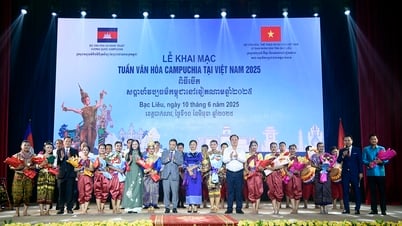
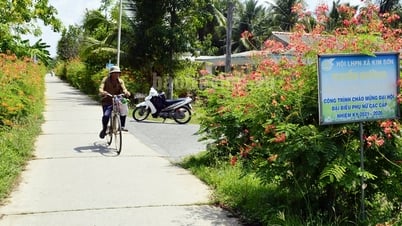
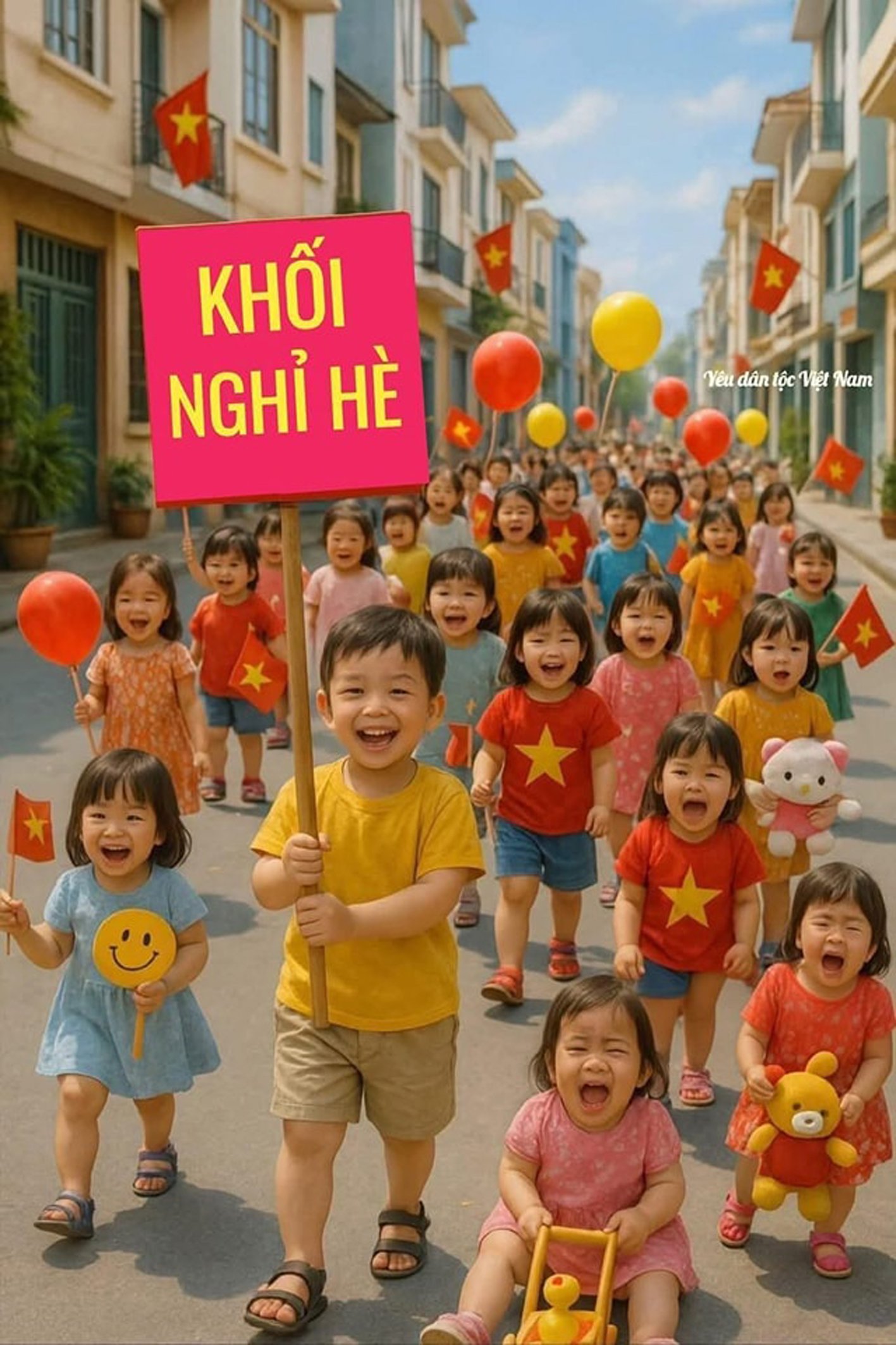
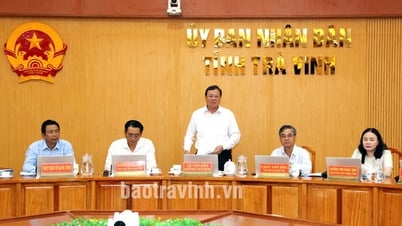






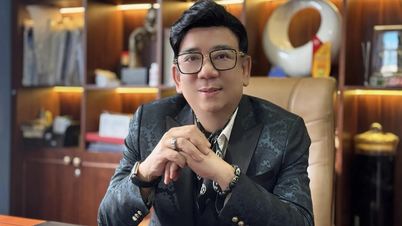
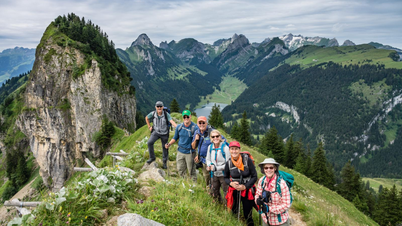
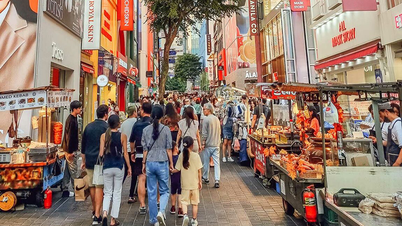





























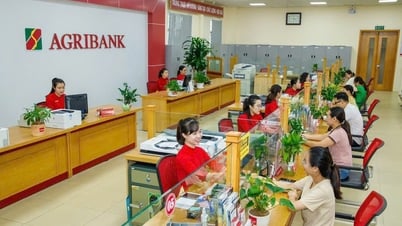
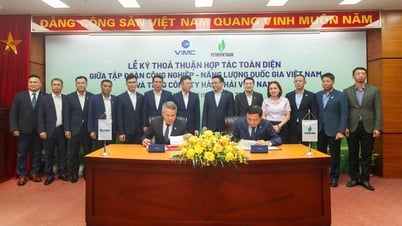

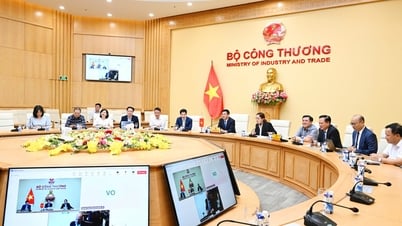


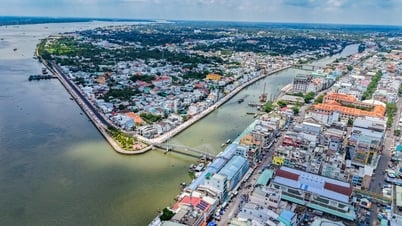

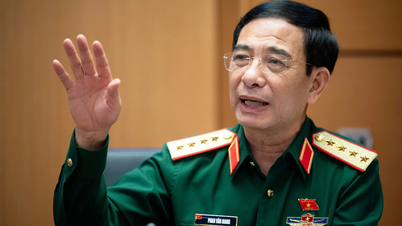

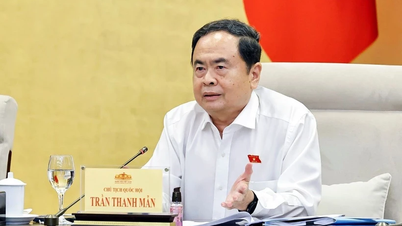



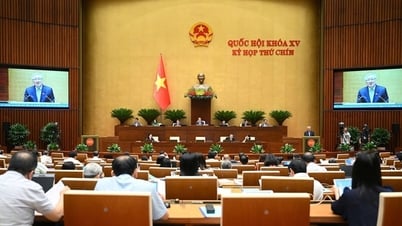
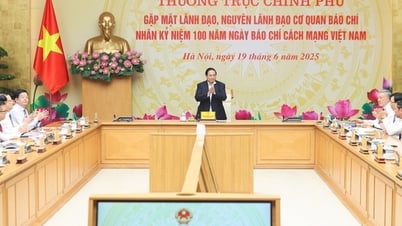
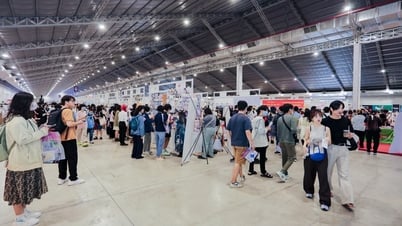

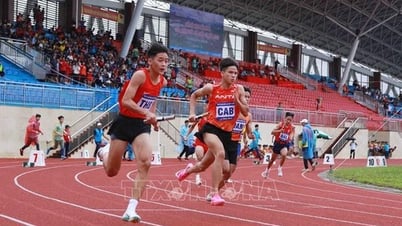
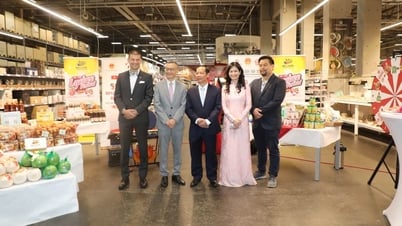
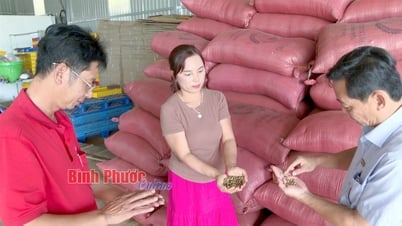

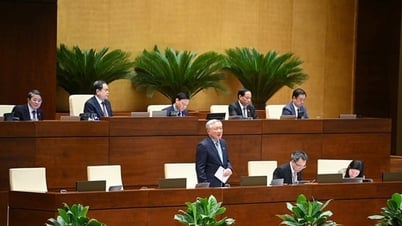

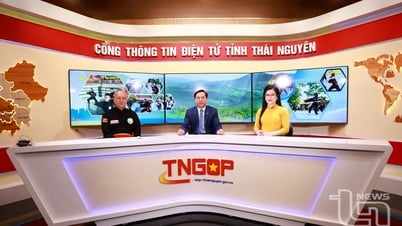

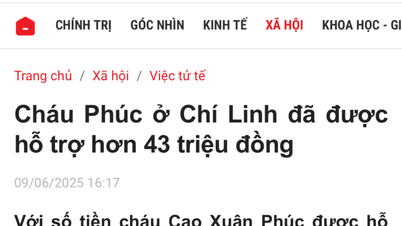

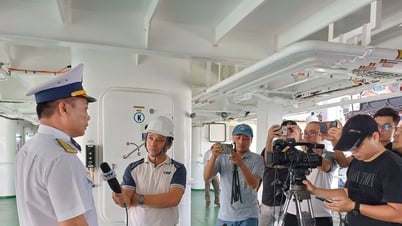

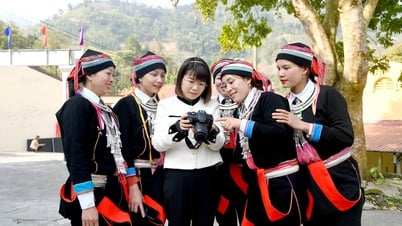











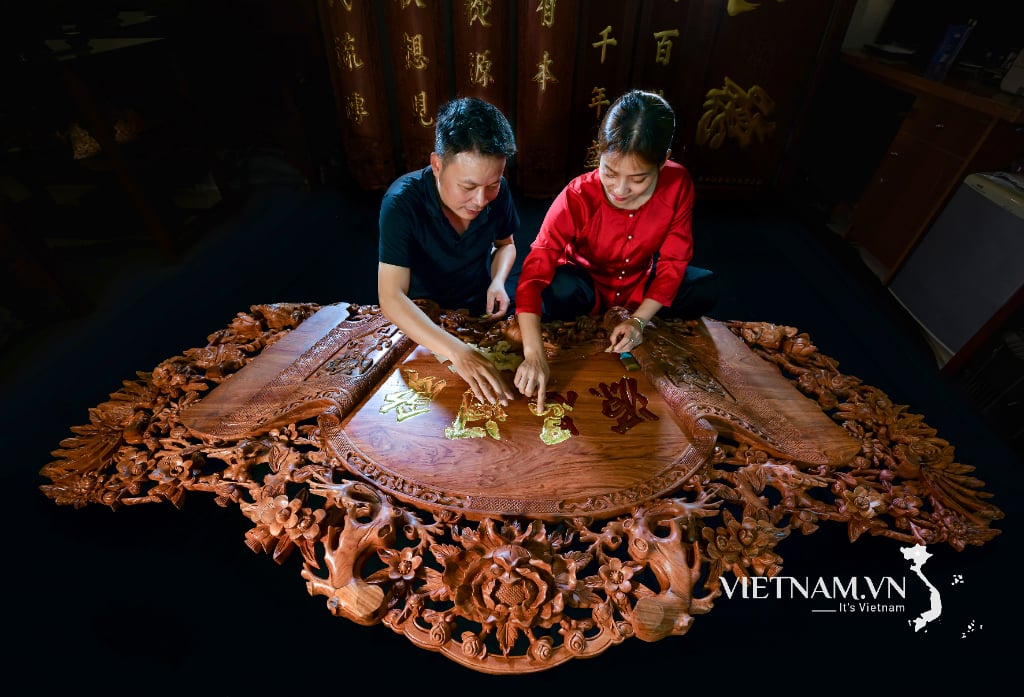
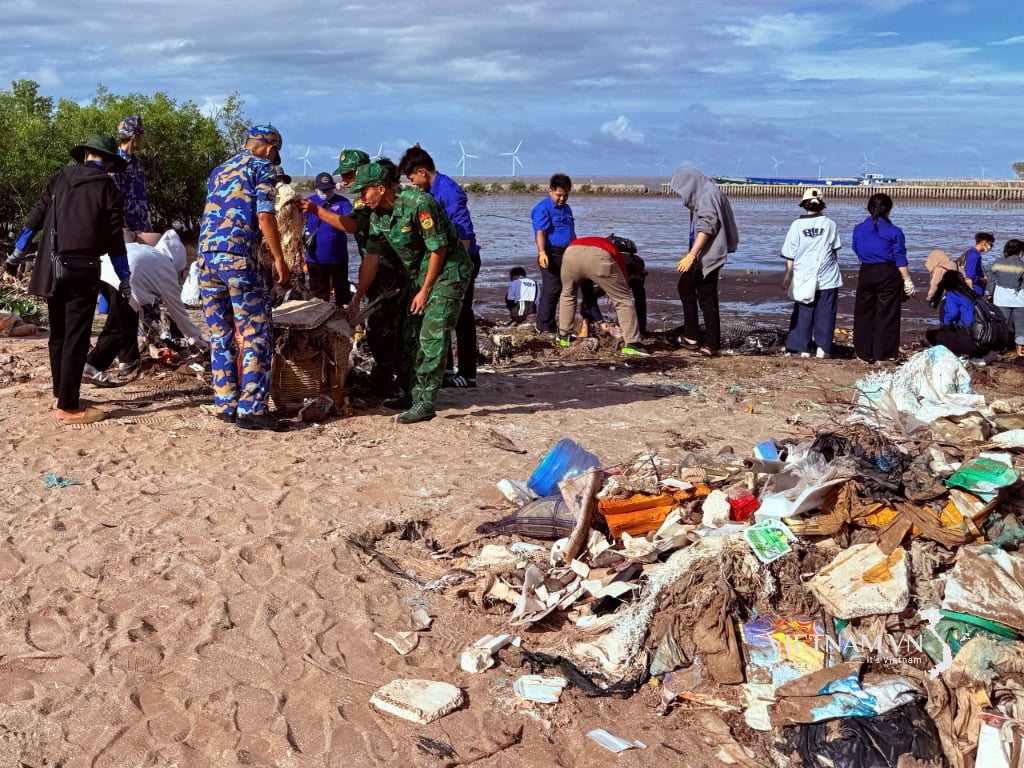

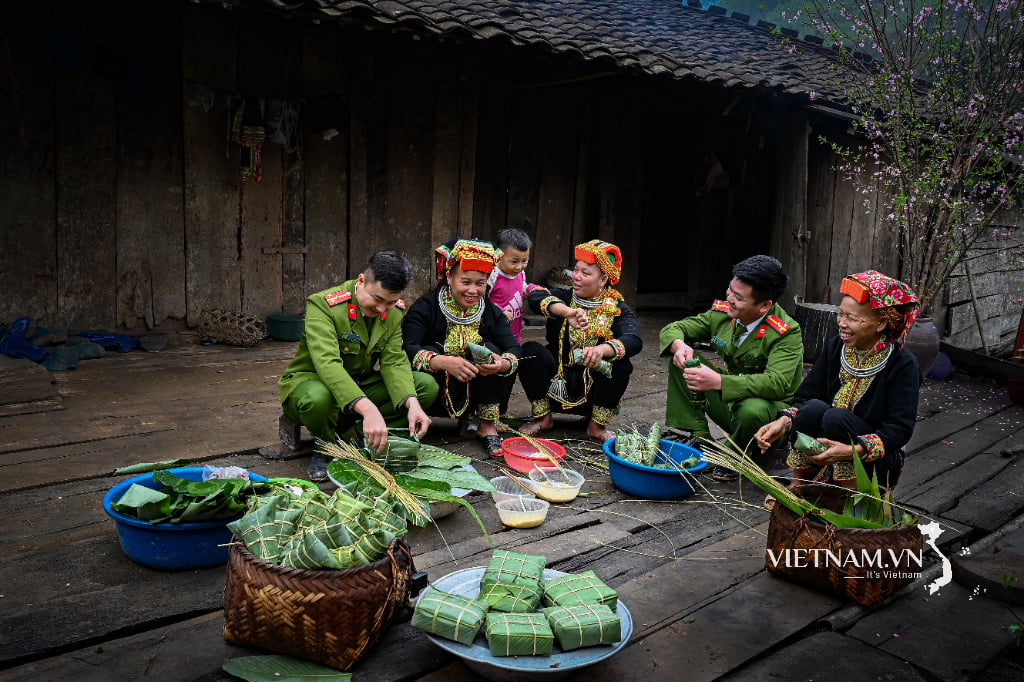
Comment (0)